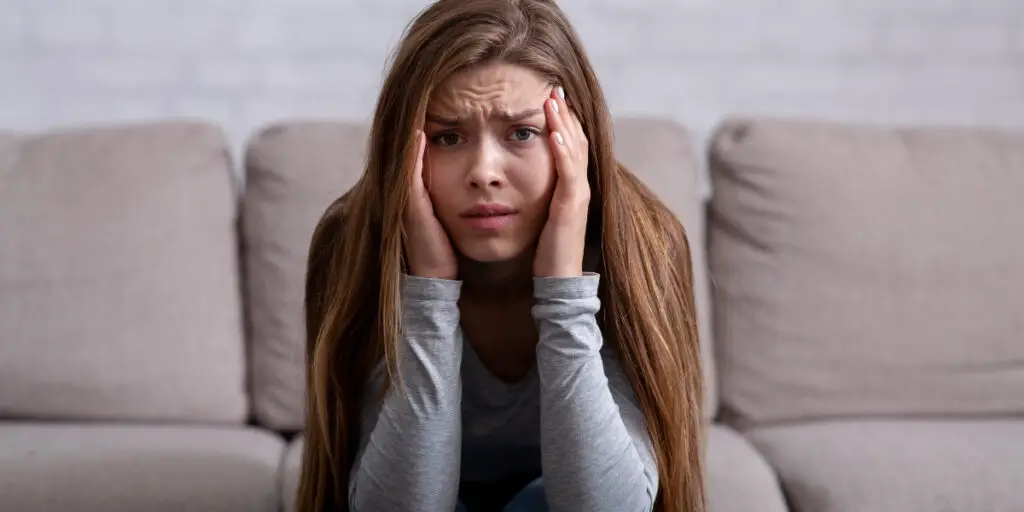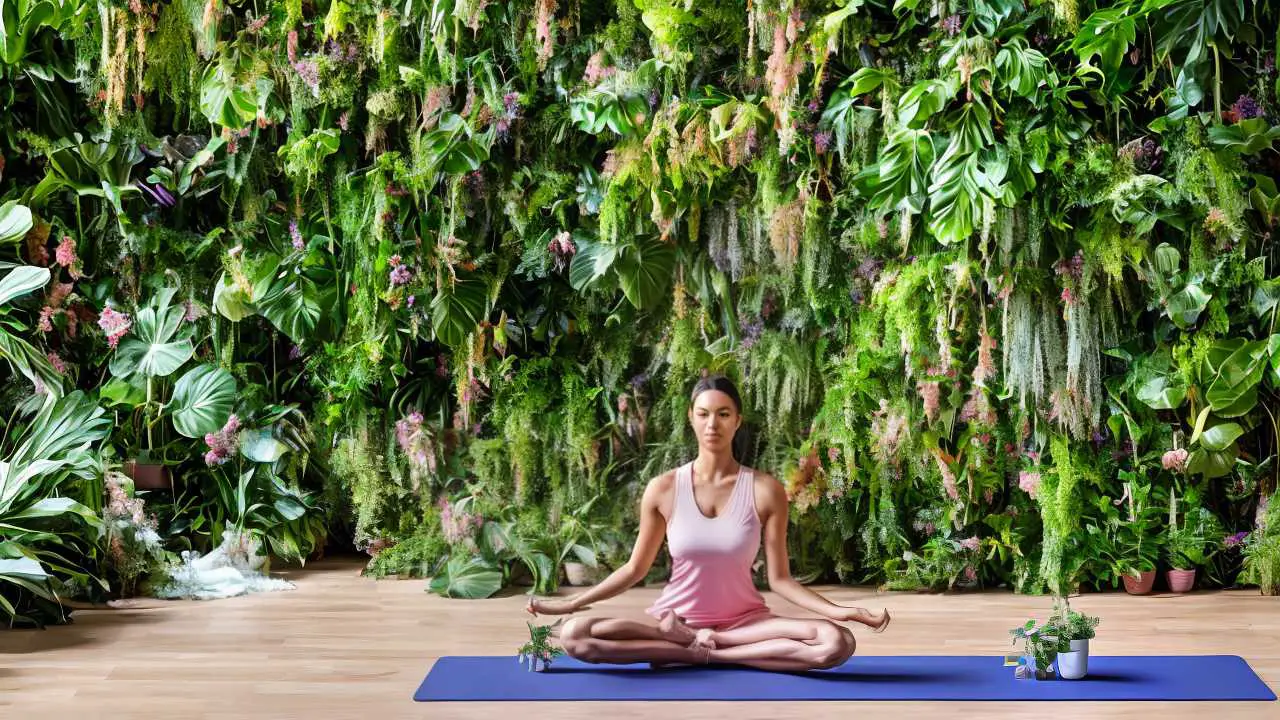Stress affects everyone differently. Some people may be able to deal with it easily, while others struggle to cope. The good thing is that there are ways that you can learn how to relax. Here is the low down on why you need to learn to master the art of relaxing.
Relaxation helps to manage stress because when practising relaxation techniques such as meditation, yoga, tai chi, qi gong, etc., our bodies release endorphins, chemicals in the brain that help us relax. Endorphins also increase when we exercise vigorously, so combining these two activities helps us manage stress.
Relaxation is the opposite of the stress response. It is a state of rest or a break from work. Relaxation techniques may be useful in the treatment of mental health issues.
What are the benefits of relaxation?
There are many benefits to learning to relax. One benefit is that when you do this you will feel happier and more positive. This is because when you practice the techniques you learned, your brain releases endorphins. These are hormones which can boost your mood instantly. In addition, when you learn to relieve stress, you will find yourself coping better with other things in your life.
Another benefit of mastering the art of relaxation is that you will be able to sleep better. When you are stressed out, it’s easy for your mind to go over all the different things you have to get done every day. This can make it hard for you to fall asleep. However, once you have mastered the art of relaxation, you won’t feel so anxious about falling asleep.
Relaxation techniques work well alongside other positive coping mechanisms, such as thinking positively, finding humor, and problem-solving.
Relaxation is a key part of managing stress. When you feel stressed, it’s easy to become anxious and lose focus. But taking time to relax can help you manage stress and maintain a positive outlook.
There are several different types of relaxation techniques that you can try. Some of the most popular ones include meditation, yoga, deep breathing exercises, and listening to music. There are also plenty of other options available depending on your preferences.
Meditation is probably the easiest type of relaxation technique to learn. All you need to do is sit down quietly and clear your mind. Focus on your breath and let thoughts pass by. Try to avoid thinking about anything else while meditating.
Yoga is another effective form of relaxation. Yoga focuses on stretching and strengthening muscles, which can help relieve tension and stress. You can practice yoga anywhere, whether you’re sitting at home or working outside.
Deep breathing exercises are also helpful for relieving stress. Simply inhale deeply through your nose and exhale slowly through your mouth. Repeat this exercise three to five times until you feel relaxed.
Listening to relaxing music can also help you relax. Choose songs that you enjoy and play them loudly enough to drown out external noise. Make sure that you listen to the song for at least 15 minutes.
It’s important to remember that relaxation is just one component of managing stress. Other factors include diet, sleep, and physical activity. These are equally important parts of maintaining a healthy lifestyle.
What triggers a stress response?
There are many reasons why we experience stress. There are events that trigger our emotions or feelings. Sometimes it is a situation in life that causes us to feel stressed. At times, it may be the result of an outside force such as pollution, noise, weather conditions, family problems, health issues, work-related issues, etc.
Stress can cause anxiety, depression, nervousness, irritability, and insomnia. When these negative feelings persist, they become debilitating. A person’s ability to cope with daily situations becomes affected. Work productivity, relationships, school performance, self-confidence, emotional stability, and the quality of sleep all suffer.

Fortunately, there are ways to manage your stress effectively. One of them is meditation. Meditation is defined as a practice of focusing on inner thoughts or sounds while attempting to reduce or eliminate distracting external stimuli.
It is considered to be a powerful tool for managing stress because it helps you to get in touch with your true state of being. It provides you with a sense of calm and peace.
When we meditate, the brain releases calming hormones, which help to lower cortisol levels. These beneficial chemicals include serotonin, endorphins, and dopamine. As a result, the body starts feeling more relaxed.
Exercise stimulates chemicals that make you feel good. By taking walks, riding bikes, or going for runs, it’s possible to release endorphins into your body.
These are hormones produced by your brain that give you a sense of well-being. They are also released when you have sex.
There are many ways to do relaxation exercises. One way is to listen to music. For example, if you are driving in the car, put on a CD that has relaxing songs on it.
How does relaxation help to manage stress?
Relaxation techniques can help to reduce the damaging effects of stress. When our bodies and minds are under stress, we can experience a range of negative consequences – from feeling anxious or irritable, to suffering from headaches or digestive problems.
Relaxation techniques can help to bring our bodies and minds back into balance, and there is no one “right” way to relax as each person is different. There are many free relaxation techniques available, so it is important to find the one which works best for you.
Getting help from a therapist can also improve your wellbeing and help reduce everyday stress and anxiety. You can find a therapist through BetterHelp.com if you need urgent help.
What are the different types of relaxation?
There are many forms of relaxation. Some people prefer to relax by listening to music, while others like to meditate or do yoga. Here are 6 techniques you may not have heard of:
- Progressive relaxation – This technique involves tensing and releasing different muscles.
- Autogenic training – This focuses on your mental state in order to achieve relaxation.
- Guided imagery – This is a visualization technique that helps you relax.
- Biofeedback-assisted relaxation – This helps you learn to control your body’s response to stress.
- Self-hypnosis – This can help you to relax.
- Breathing exercises – These can help you to relax
It’s a good idea to seek help from a professional to understand how each technique works and how it can be used to improve your quality of life.
How can you incorporate relaxation into your daily routine?
I’ve been thinking about this a lot lately. We live busy lives. We don’t have much time to relax, let alone think about relaxing.
However, taking time to relax every day can improve our health and wellbeing.
Here are five ways to incorporate relaxation into our daily routines.
Take Time To Meditate
Meditation has been proven to improve focus, concentration, stress management, and overall happiness. If you haven’t tried meditation yet, give it a shot.
It doesn’t matter whether you meditate for 10 minutes or an hour each day. Just find a quiet place where you won’t be disturbed and sit down comfortably. Close your eyes and breathe deeply. Focus on your breathing and concentrate on nothing else.
After 30 seconds, slowly open your eyes. Continue doing this until you reach 20 minutes.
Practice Yoga
Yoga is another great way to relax. There are several types of yoga, such as hatha yoga, vinyasa flow yoga, Iyengar yoga, Ashtanga yoga, power yoga, and others.
Find one that works for you and practice it regularly. Do whatever feels right for you. Don’t force yourself to do anything.
Just follow your intuition and feel comfortable practicing yoga.
Listen To Music
Music helps us relax. Listening to music can calm your nerves and ease tension.
Pick a song that makes you happy and listen to it whenever you need to relax.
Read Books
Reading books is a great way to relax. Reading improves memory retention and reduces stress levels.
Read something uplifting and inspiring. Choose fiction over nonfiction. Fiction gives you a chance to escape reality and immerse yourself in a story.
Avoid negative influences
If you are feeling stressed, try to take a break and do something relaxing like reading or listening to music.
Do not use alcohol or drugs to cope with stress. These substances can make your anxiety worse.
Try to avoid people who make you feel anxious. This will help you to stay calm when they are around.
Talk about your feelings with someone you trust.
These are just five ways to incorporate relaxation in your daily life. Try incorporating these methods into your daily routine and see how they affect your mood and outlook.
You may notice a difference in how you feel after trying any of these methods.
So go ahead and relax and enjoy the rest of your day.
What Are Some Ways to Incorporate Relaxation Techniques to Manage Stress?
Incorporating relaxation techniques like deep breathing, meditation, and yoga can bring about numerous benefits of relaxation for stress. Taking short breaks throughout the day, practicing mindful breathing, and engaging in physical activity can all help reduce stress and promote overall well-being.
Is There Scientific Evidence to Support the Benefits of Relaxation for Managing Stress?
Yes, there is scientific evidence to support the benefits of relaxation for managing stress. Studies have shown that individuals can reduce stress with relaxation techniques such as deep breathing, meditation, and progressive muscle relaxation. These techniques can improve mental well-being and reduce the negative effects of stress on the body.
Conclusion
It’s often difficult to think straight when stressed, so start incorporating these techniques into everyday life so they become second nature.
Regular practice should also reduce how often you feel stress building up, helping you live a better life. Relaxation techniques like deep breathing and meditation are the perfect antidote. Try them today.




